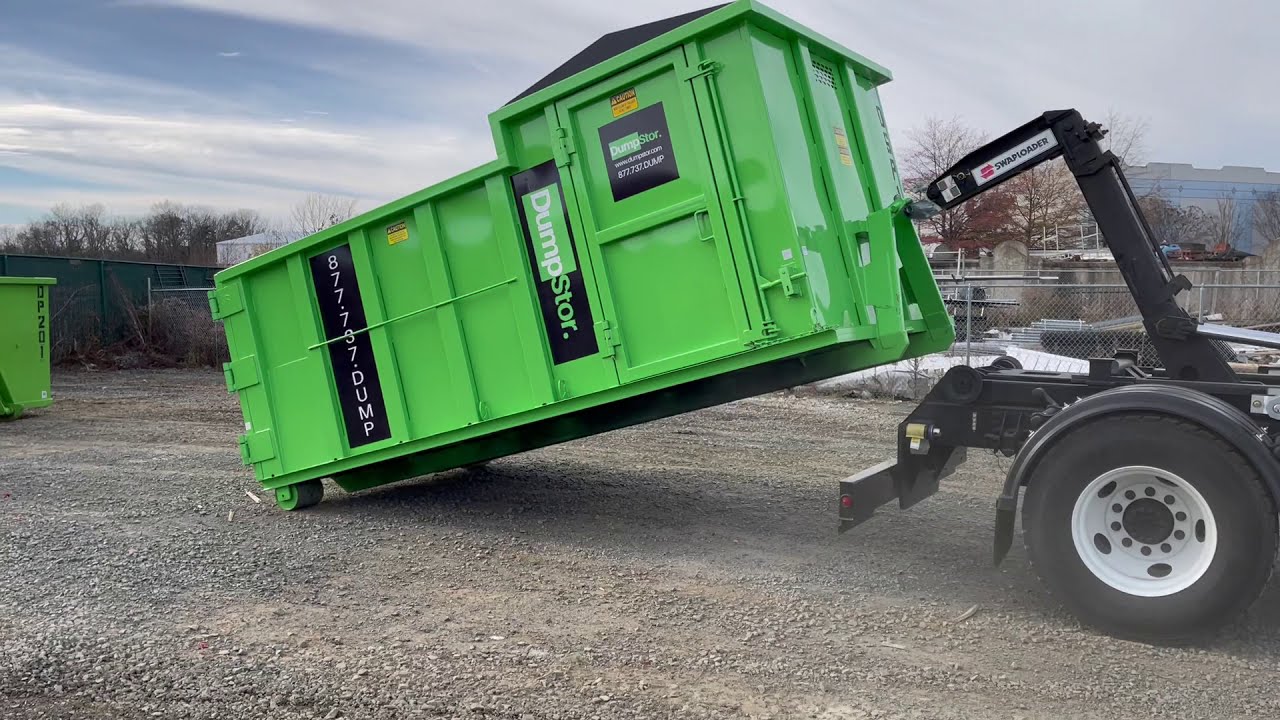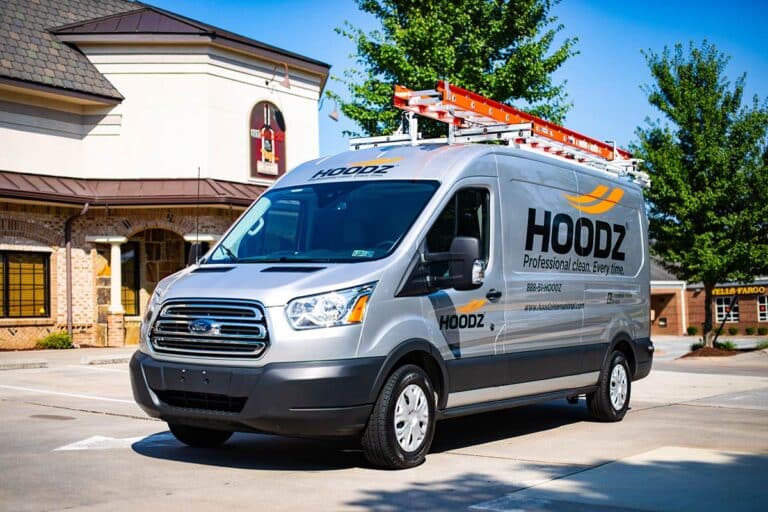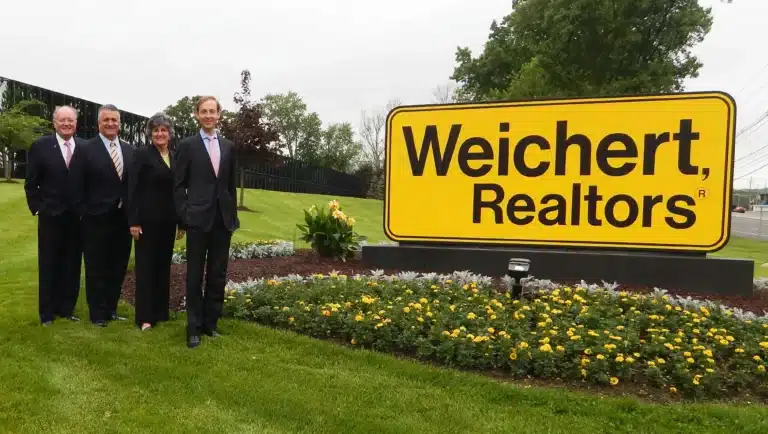DumpStor Franchise FDD, Profits & Costs (2025)

DumpStor, founded in 2008 in Northern Virginia, specializes in innovative dumpster rental and job-site storage solutions.
Created by Joe Martino, with nearly 40 years in the waste industry, the brand offers unique products like the DumpStor Pro. This patent-pending unit combines a dumpster with a secure storage container for added convenience.
The company began franchising to expand its presence and give entrepreneurs a chance to join the brand. DumpStor now operates multiple franchise locations across the U.S., including in Colorado, Florida, Idaho, Maryland, North Carolina, Tennessee, Texas, Utah, and Virginia.
DumpStor sets itself apart with its unique products and customer-focused approach. The DumpStor Pro addresses both waste disposal and on-site storage needs, offering a dual-purpose solution for clients.
The franchise also emphasizes flexibility and low overhead for owners. Franchisees can operate remotely and benefit from advanced technology and operational systems designed to ensure success.
Initial Investment
How much does it cost to start a DumpStor franchise? It costs on average between $114,000 – $504,000 to start a DumpStor franchised facility.
This includes costs for equipment, containers, technology, and initial operating expenses. The exact amount depends on various factors, including the size of the territory, the number of units the franchisee plans to operate, and whether they choose to lease or purchase additional storage or operating facilities.
| Type of Expenditure | Amount |
|---|---|
| Initial Franchise Fee | $49,950 – $49,950 |
| Technology Setup Fee | $1,500 – $1,500 |
| DumpStor Starter Package | $7,500 – $9,900 |
| Rent (3 months, plus security deposit) | $0 – $5,000 |
| Computer Equipment, Software, and Technology Fee (3 months) | $1,885 – $3,500 |
| DumpStor Equipment: Truck and Initial Containers | $12,700 – $327,000 |
| DumpBag Initial Inventory Package | $0 – $11,500 |
| Container/Transportation (delivery and offload) | $3,500 – $25,000 |
| Utility Security Deposits | $0 – $500 |
| Travel Expense for Initial Training | $850 – $1,500 |
| Opening Inventory and Supplies | $100 – $500 |
| Grand Opening Marketing (3 months) | $7,000 – $10,000 |
| Insurance | $3,600 – $15,000 |
| Professional Fees | $750 – $2,500 |
| Permits and Licenses | $0 – $1,000 |
| Additional Funds (3 months) | $25,000 – $40,000 |
| TOTAL | $114,335 – $504,350 |
Competitors

Frequently Asked Questions
How many DumpStor locations are there?
As of the latest data, DumpStor operates 18 locations across the United States, including both company-owned and franchise-owned units. These locations are spread across several states, including Colorado, Florida, Idaho, Maryland, North Carolina, Tennessee, Texas, Utah, and Virginia. The company continues to expand its presence through franchising opportunities.
What is the total investment required to open a DumpStor franchise?
The total investment required to open a DumpStor franchise ranges from $114,000 to $504,000.
What are the ongoing fees for a DumpStor franchise?
Operating a DumpStor franchise requires a weekly royalty fee of $19.50 per dumpster for up to 50 units and $15 for 51 or more. Franchisees also pay $2 per container per week to the brand fund and $40 per dumpster per month for local advertising. A minimum net worth of $400,000 and $100,000 in liquid capital are required to qualify.
What are the financial requirements to become a DumpStor franchisee?
Prospective franchisees should have a minimum net worth of $400,000 and at least $100,000 in liquid capital to qualify for ownership. These financial commitments are designed to support the franchisee’s operations and contribute to the overall growth and marketing efforts of the DumpStor brand.
Who owns DumpStor?
DumpStor was founded by Joe Martino, who serves as the Chief Executive Officer. His son, Joey Martino, holds the position of President and Co-Founder. The company is privately owned and operated by the Martino family.
Disclaimer
Disclaimer: This content has been made for informational and educational purposes only. We do not make any representation or warranties with respect to the accuracy, applicability, fitness, or completeness of the information presented in the article. You should not construe any such information or other material as legal, tax, investment, financial, or other professional advice. Nothing contained in this article constitutes a solicitation, recommendation, endorsement, advertisement, or offer to buy or sell any franchises, securities, or other financial instruments in this or in any other jurisdiction in which such solicitation or offer would be unlawful under the franchise and/or securities laws of such jurisdiction.
All content in this article is information of a general nature and does not address the detailed circumstances of any particular individual or entity. Nothing in the article constitutes professional and/or financial and/or legal advice, nor does any information in the article constitute a comprehensive or complete statement of the matters discussed or the law relating thereto. You alone assume the sole responsibility of evaluating the merits and risks associated with the use of any information or other content in this article before making any decisions based on such information or other content.



